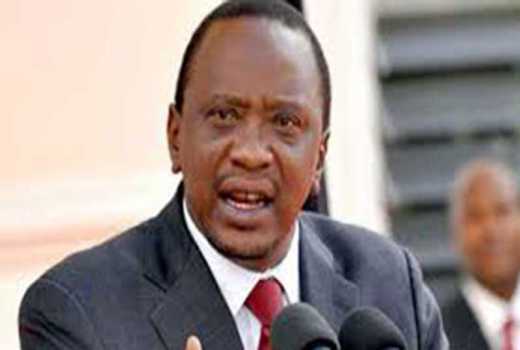×
The Standard e-Paper
Kenya’s Boldest Voice

Two weeks ago, the gods of politics spoke and President Uhuru Kenyatta and Opposition leader Raila Odinga realised that they needed to act to save the nation. This is good, but we will not achieve our national goals unless we accept that at the centre of the crisis is the state of the economy.
We must now go to basic economics which will unite us. We must revisit the key economic ideas that citizens are rational and respond to incentives more than political rhetoric.